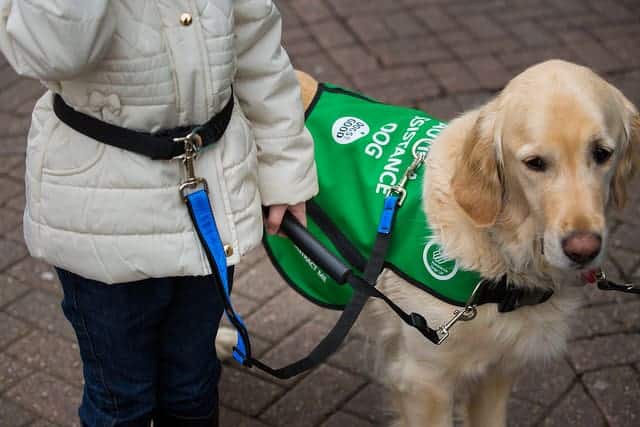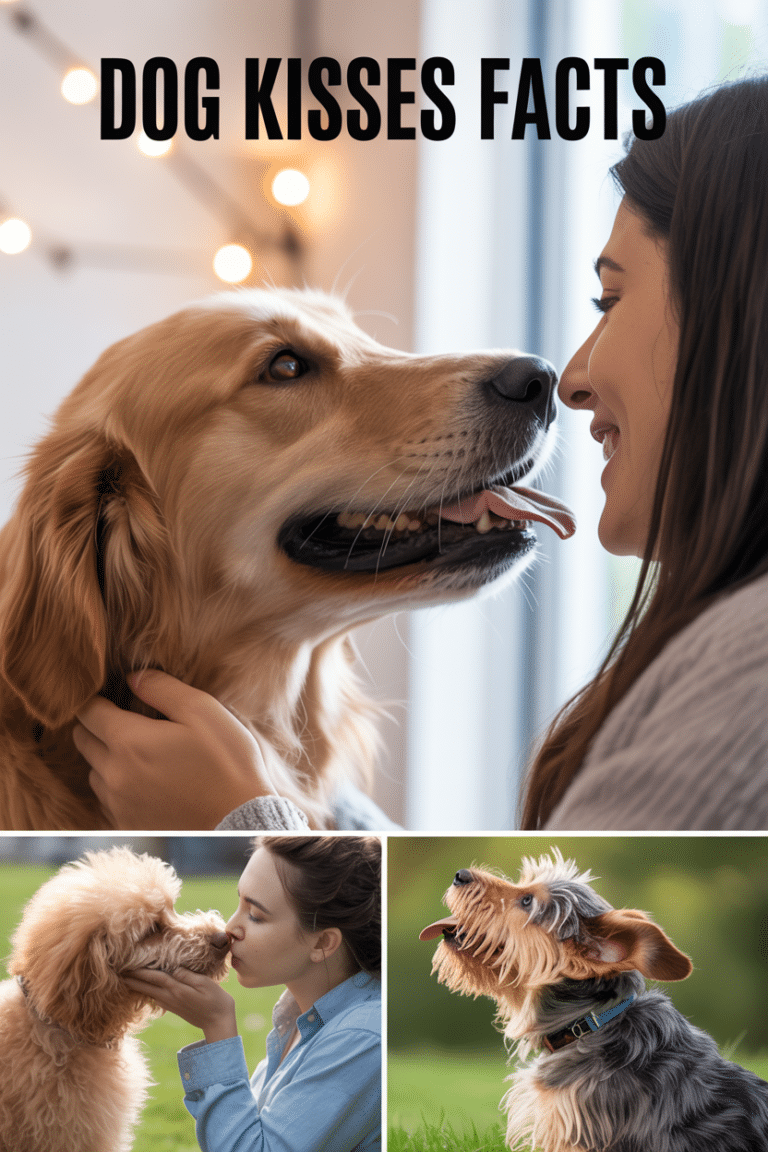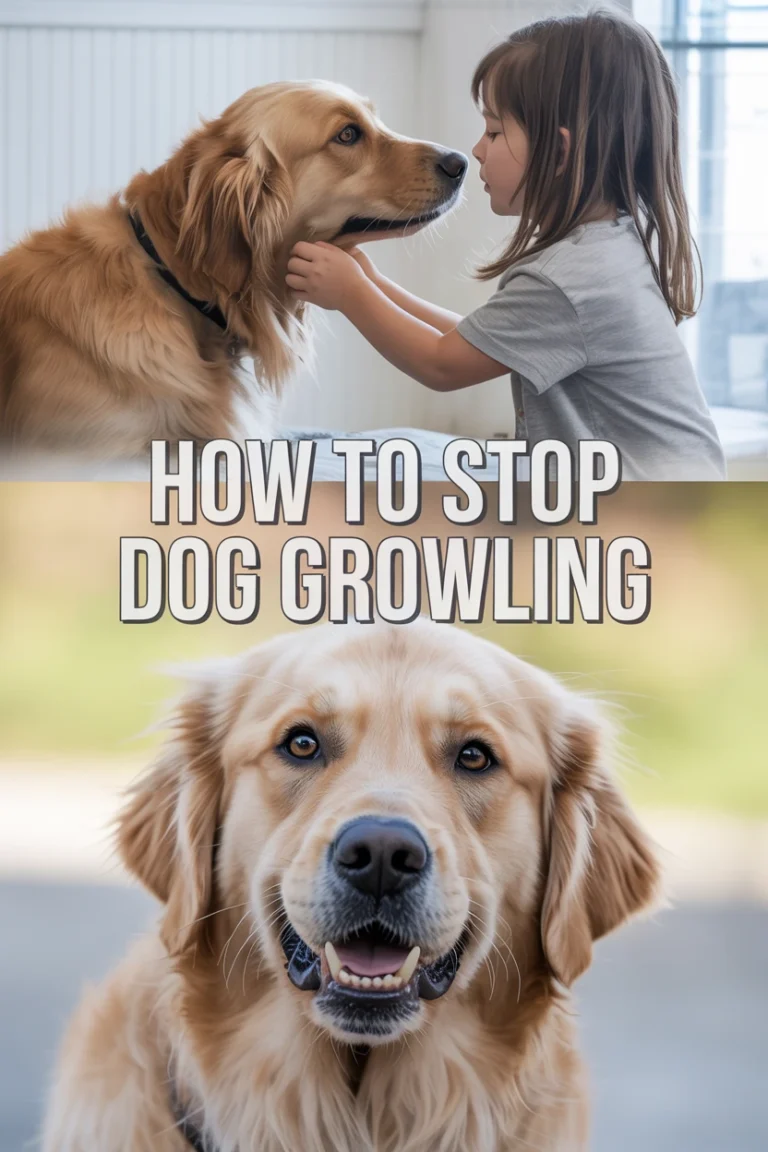Can Dogs Have Autism? Shocking Signs, Symptoms, and Behavioral Conditions Explained
Can Dogs Have Autism? As a pet parent, you may have noticed that your dog sometimes acts differently than other dogs. Maybe they seem withdrawn or act out in strange ways. It’s easy to wonder, could your dog have autism? While it’s a common question among dog owners, the reality is more complicated than a simple Can Dogs Have Autism? “yes” or “no.” Dogs can’t technically be diagnosed with autism, but they can exhibit behaviors that are similar to what we associate with autism in humans. Let’s break it down together.

Understanding Autism in Humans vs. Dogs
First, it’s important to note that autism is a neurodevelopmental disorder primarily seen in humans. It affects how individuals communicate, interact with others, and perceive the world. Autism diagnoses are based on behavioral patterns and neurological differences, which we can’t directly apply to dogs.
Can Dogs Have Autism? However, just like humans, dogs have their own unique personalities, and some may exhibit traits that resemble autism in dogs. These behaviors might include a preference for routine, sensitivity to sensory inputs like loud noises or bright lights, or even difficulty engaging with others. But these behaviors are often part of a broader spectrum of canine conditions and not a true medical diagnosis of autism.
Common Signs of Autism-Like Behaviors in Dogs
If you’re starting to think, “Hmm, that sounds like my dog,” let’s look at some of the behaviors that could raise flags. Dogs with autism-like traits may:
- Display repetitive behaviors: These can include things like tail chasing, excessive licking, or circling. While these behaviors are sometimes normal, they can become obsessive if they happen frequently.
- Show social withdrawal: Some dogs may not enjoy interaction as much as others, avoiding eye contact, playing, or even simply sitting with you on the couch. These signs could be mistaken for behavioral disorders in dogs.
- Be unusually sensitive to sensory inputs: It’s not uncommon for dogs to be scared of loud noises or unusual textures, but if your dog seems to have heightened sensitivity to things like lights, sounds, or even certain materials, it might be something to observe.
- Struggle with training or changes in routine: If your dog becomes easily distressed when their routine changes or they struggle with learning commands, these could be signs of a deeper issue that resembles autism in dogs.
Can Dogs Have Autism?
Can Dogs Have Autism? While dogs can’t technically be diagnosed with autism in the way humans can, some experts suggest that certain dogs show signs of a behavioral disorder that mirrors autism. It’s important to remember that many of the behaviors we associate with autism-like behaviors in dogs—like repetitive movements or social withdrawal—can also be signs of anxiety, fear, or trauma. For example, a dog that was abused in the past might display behaviors that seem autistic, but are actually a result of their past experiences.

What Should You Do If You Suspect Your Dog Has Autism?
If you’re worried about your dog’s behavior, the first thing to do is speak to a veterinarian or a professional dog trainer. They can help you determine whether the behaviors you’re noticing are indicative of a medical issue, a canine behavioral condition, or something else entirely. They might recommend some behavioral therapy or suggest changes to your dog’s environment to help them feel more comfortable.
Professional Guidance: The Path Forward
Many people thoughts Can Dogs Have Autism Many dogs with behavioral issues can thrive with the right care. Whether it’s through more structured training, changes to their daily routine, or even medical treatment, there’s always something that can be done to help. It’s essential to work closely with professionals who understand canine behavior. Don’t be afraid to reach out to a behaviorist or even a veterinary neurologist if you think something more serious might be going on.

Final Thoughts: Embracing Your Dog’s Unique Personality
It’s natural to want your dog to be “normal,” but what makes them special is exactly their individuality. If your dog exhibits behaviors that are a little outside the norm, it doesn’t mean they’re broken—it means they’re unique. Just like people, dogs have different temperaments, and some are just a little more sensitive to the world around them. You may have to adjust your expectations or care routines, but with patience, love, and the right support, your dog can live a happy, fulfilling life.
Remember, you are your dog’s best advocate, and understanding their needs, quirks, and behaviors can go a long way in giving them a comfortable, enriched life. So, if your dog has a “different” vibe, don’t be discouraged. With the right care and attention, even the most quirky of dogs can thrive.






